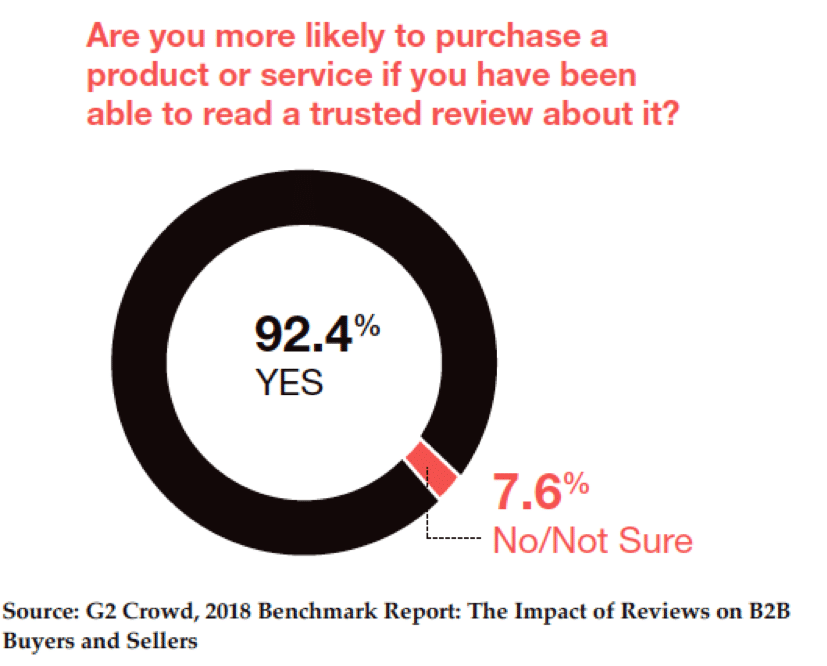Top 8 Silly B2B Ecommerce Myths That Are Holding You Back
Posted on
Ecommerce is a great chance for you to increase your B2B sales. Whether you’re just starting out, or strengthening existing relationships, giving customers the chance to buy from you online makes great business sense. Ecommerce has surged in popularity in the last few years and by incorporating it into your business plan, you can ensure you remain at the forefront of your field.
The 8 myths holding you back
Despite its importance in today’s world, myths abound on what ecommerce entails and who it is for. In order to launch a successful ecommerce business, it’s worth making sure you know exactly what it involves. So let’s look at eight common myths and show why they’re wrong, as well as providing practical advice on what you can do to make ecommerce work for you and your B2B customers.
1. Ecommerce isn’t the right fit for my business
Some companies think that their customer base won’t be interested in buying online. But, at the end of the day, the more options you have for sales, the greater the chance you have of increasing business. Besides, recent statistics show that the ecommerce MENA market is worth around $22 billion. With 82% of businesses in Saudi Arabia and the UAE planning to buy online in the future, it’s clear the demand is high.
2. B2B ecommerce is expensive
This may have been true in the past, but with the advances that have taken place over the last few years, it is no longer the case. Various platforms allow you to create a business website at an affordable price. One of the key ways you can cut costs is by considering an RPA solution. While there is an initial upfront cost, in the long run it reduces the amount of repetitive tasks your employees need to do – saving you time and money.
3. You need to appeal to everyone
Let’s say you’ve made the decision to create a new website that incorporates options for business customers. You might be tempted to try and appeal to theoretical new buyers out there. However, it’s far better to craft the website around customers you already have. By tailoring it to their needs, you will put them at ease and show them how much you value your continued relationship. Your website doesn’t need to appeal to everyone – just to your ideal customers and intended market.
4. Ecommerce is impersonal
For those who have really honed their communication skills over years of face-to-face interactions, selling online can be a daunting prospect. But ecommerce doesn’t need to be impersonal, or replace human interaction. You can still keep your phone lines open, and, using an automatic call distribution system, send the call to agents familiar with particular clients.
By having a customer sign-in option, you can provide personalized options on the website too – from unique offers, to easy invoicing.
5. Just by having a website you’ll attract customers
Let’s say you’ve invested the time and money to create a fancy new website. What should you do next? There’s no use having ecommerce options if no one knows they are there. Promotion is key. Tell existing customers about your website during face-to-face sales and via your call centre. Invest in SEO, paid adverts and other marketing campaigns.
6. Social proofs are not required for B2B ecommerce
Reviews and testimonials are just as important for B2B sales as to B2C ones. From the very beginning of your new online journey, create a space for them on your website and encourage them on your social media platforms. Post-purchase emails will encourage customers to leave reviews – and you can use ecommerce automation solutions to send these automatically! Make sure to actively engage with any reviews you recieve, especially negative ones. Acting on feedback is a surefire way to make customers feel heard.

7. Sales representatives aren’t needed in B2B ecommerce
Sales representatives will always be needed for the familiarity of human interactions they bring. They can continue to act as ambassadors for your company and their role in cross-selling and upselling will continue to be key. As they go about their daily work, sales representatives can promote your online store. You can retrain your team online by using video conference solutions for small business to make sure everyone’s on the same page.
8. Business customers don’t want to deal with technology
Your business buyers are likely to be familiar with online purchases. The leap from doing it for personal items to doing it for their business is not that big. It also has lots of advantages – technology can help repetitive tasks like order management become easier by having information about past orders saved on their online account.
If you do find your existing customers struggling, you may find it’s worth building a core team of agents that can help walk customers through the process of ordering online. Additionally, consider chatbots or a self-service hub where they can quickly find answers to their questions. This can help turn even the most technophobic users into happy customers.
Conclusion
By setting aside these eight myths, you can focus on ways to make ecommerce work for you. The preceding guidelines will help you to modernise your business and keep your customers happy. With a little reflection and adaptation, you can make some important changes without losing sight of what makes your business so great in the first place. Remember: ecommerce doesn’t mean losing who you are. It just means expanding on it.

-Jenna Bunnell is the Senior Manager for Content Marketing at Dialpad, an AI-incorporated cloud-hosted unified communications system with automated answering services that provides valuable call details for business owners and sales representatives. She is driven and passionate about communicating a brand’s design sensibility and visualizing how content can be presented in creative and comprehensive ways. Here is her LinkedIn.


